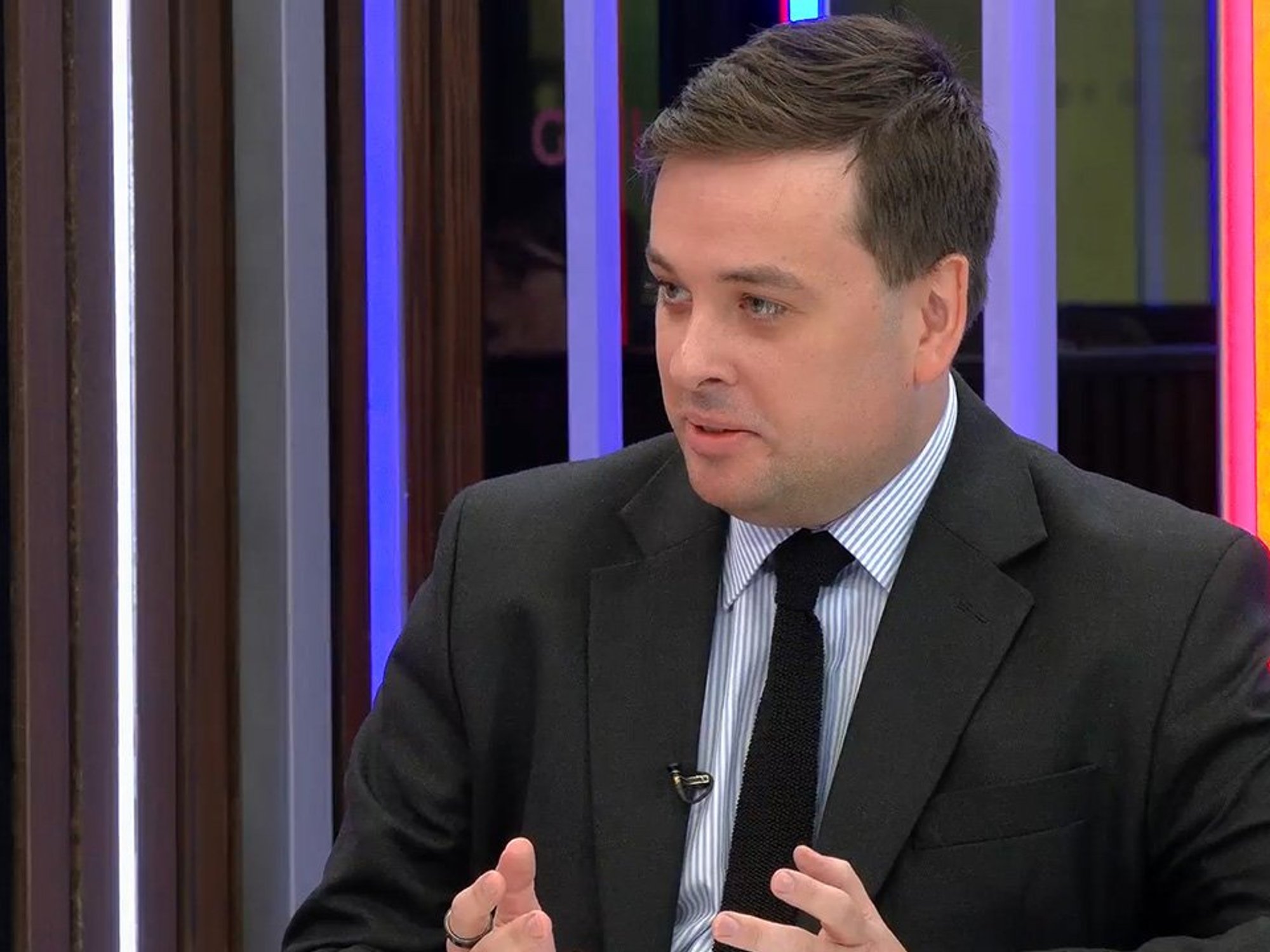Benefits fraudster swindled £235k after claiming he could 'barely' walk while secretly working as delivery driver

Paul Churchman was jailed for three years at Maidstone Crown Court after pleading guilty
Don't Miss
Most Read
Trending on GB News
A benefits fraudster worked as an Evri delivery driver, despite claiming he could not bend over.
Paul Churchman scooped £235,000 of benefits alongside his wife Gemma, whom he roped into the scam.
The 49-year-old told the Department for Work & Pensions (DWP) he could barely walk without being in "agonising pain".
However, Maidstone Crown Court heard was hauling parcels as a self-employed courier with Evri at the same time, for which he was paid £403,000 over 11 years, or around £36,000 a year.
Mr Churchman pleaded guilty to three offences of failing to notify a change in circumstances, two of making a dishonest representation to obtain benefit, one of fraud and one of making a false representation to obtain benefit.
Meanwhile, Ms Churchman admitted two offences of failing to notify a change in circumstances, one of making a dishonest representation to obtain benefit, one of fraud and one of making a false representation to obtain benefit.
At their sentencing hearing on Wednesday, a judge told the pair they had swindled "every taxpayer, council tax payer and business tax payer" through their dishonesty.
Ms Churchman broke down crying in the dock on hearing that her husband was going to jail.

Mr Churchman was jailed Maidstone Crown Court
|GOOGLE MAPS
The court heard how between January 2013 and January 2024 the couple received £105,786 of housing benefit, £45,411 of income support and £38,404 in Personal Independence Payment (Pip).
Between them, they also claimed £24,562 of Universal Credit, £9,589 in Jobseekers' Allowance and £8,081 in Employment and Support Allowance (ESA), and received a council tax reduction of £3,340.
To date, the 49-year-old and his wife, 42, have repaid just £3,500, with a payment plan set up at the rate of £250 a month.
The court also heard how Mr Churchman had committed similar offences in the past, and in 2010 had been jailed for 15 months for stealing from an employer.

Paul Churchman had been seen working as an Evri driver
|GETTY
Prosecutor Kiera Vinall told the court the husband and wife made "several claims for different sums of social security benefit" which resulted in payments they were not entitled to receive.
Ms Vinall said: "In the course of his application he represented that despite his employment, his wife prepared his meals because he could not bend over to get pots and pans from the cupboard.
"In relation to personal care, he said he needed help getting in and out of the bath and on some days he said his back seized up such that he needed help going to the toilet and struggled to walk 10 to 20m [11 to 22 yards] without the movement bringing on agonising pain.
"All of those representations were untrue and contributed to payments in personal independence allowance of £38,404."
While the court heard how Mr Churchman had "many opportunities to correct the claims", he chose not to and then involved his wife in the fraud.
As part of her role, she filled out claims for income support, Universal Credit and council tax reduction, claiming that her husband did not have a job.
In mitigation, Nadia Semlali, asked that they both be given suspended sentences, telling the court they had acted "out of desperation."
She said: "The defendants were in a dire situation. They make no excuse for their actions and fully accept their roles. They are deeply remorseful and ashamed."
Semlali also argued that Paul Churchman's diagnosis of ADHD made him prone to impulsivity and acting "on the spur of the moment".
Recorder Matthew Hellens rejected this notion, suggesting that the offending occurred over more than a decade.
He told Churchman: "On each occasion, if you were acting with impulsivity, you would have had an opportunity to step back and change what you had done.
"You involved your wife in what you did. She too could have helped you or demonstrated to you the decisions you were making [were wrong], and you chose not to put right those things you had done in the course of your criminal behaviour.
"So while I'm alive very much to the fact of your diagnosis, I cannot see it impacted the decisions you made that led to the pattern of offending in this matter...you knew with open eyes what you were doing."
More From GB News











